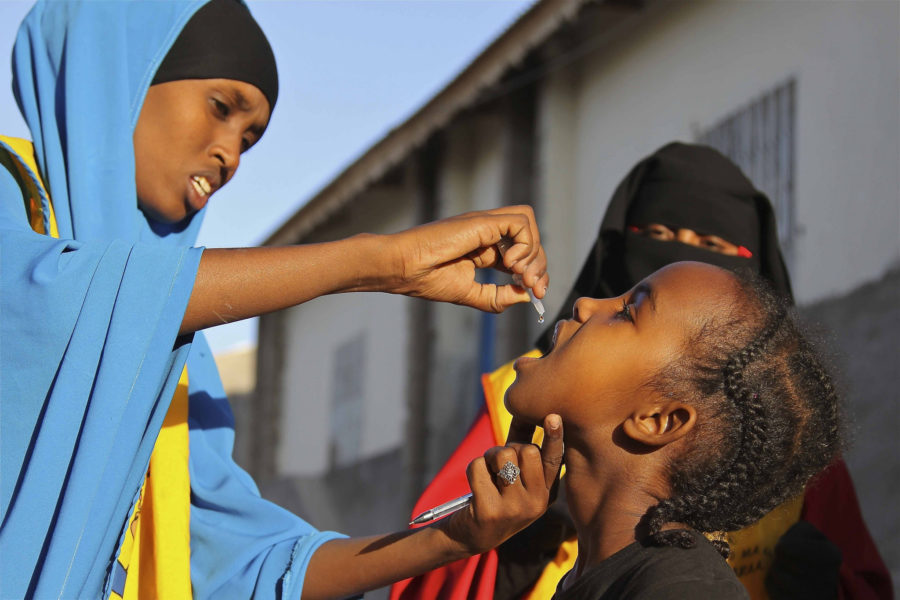Expanded Immunization Saves Over 50 mln Lives in Africa: WHO

NAIROBI, Xinhua: Large-scale immunization drives targeting African children have saved an estimated 51.2 million lives in the last five decades, the World Health Organization (WHO) said Wednesday.
Routine inoculation of African children against killer diseases including measles has been made possible under the Expanded Program on Immunization (EPI), a WHO initiative launched in 1974 to boost equitable access to life-saving vaccines to all children, the global health agency said in a statement.
“From disease prevention to eradication the success story of vaccines is a compelling one. Millions of people are alive and healthy today thanks to the protection vaccines offer,” said Matshidiso Moeti, the WHO regional director for Africa.
Moeti stressed that African countries must sustain and expand vaccine access in a bid to eradicate infectious diseases that are the leading cause of childhood deaths.
Preventable Diseases
Many African countries are providing antigens for 13 vaccine preventable diseases, up from the initial six, thanks to consistent support from multilateral institutions, Moeti noted.
According to the WHO, vaccination against measles has prevented an estimated 19.5 million deaths in Africa over the last 22 years, while meningitis deaths have decreased by 39 percent as a result.
In addition, maternal and neonatal tetanus has nearly been eliminated in Africa amid accelerated vaccination while the continent was declared free from indigenous polio virus in 2022 following relentless efforts to immunize all children.
The ongoing rollout of vaccine against malaria and human papillomavirus that causes cervical cancer is expected to reduce deaths among children, women and girls significantly, the WHO said.
To sustain routine immunization, African countries must invest in supportive infrastructure, manpower and scale up public awareness to root out vaccine hesitancy that is linked to misinformation, according to the WHO.